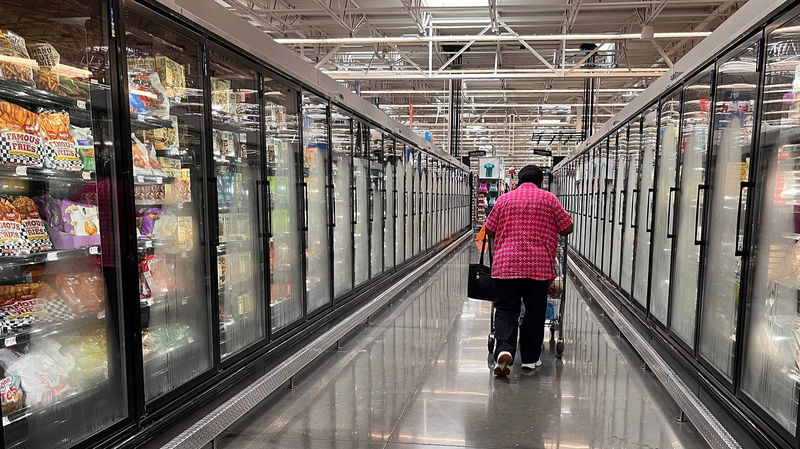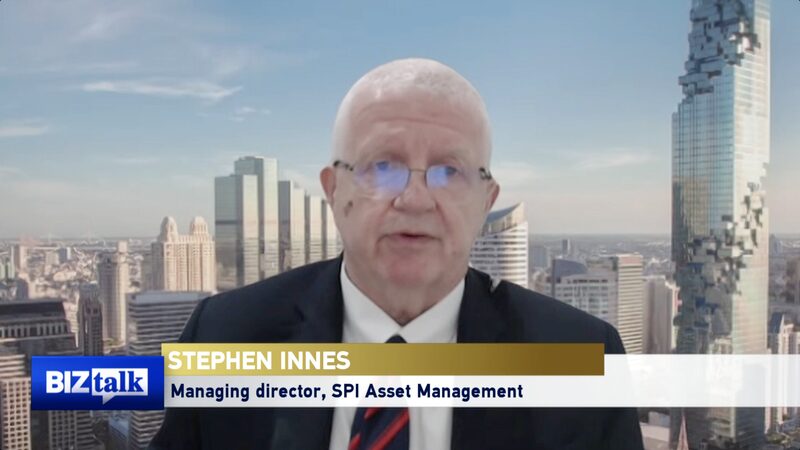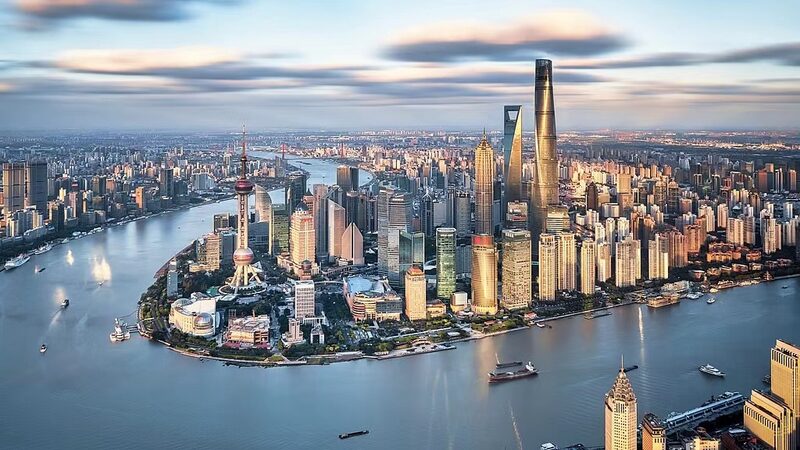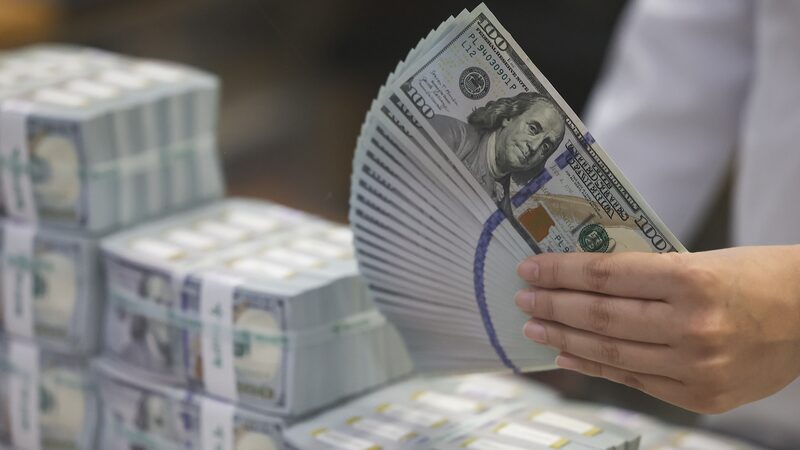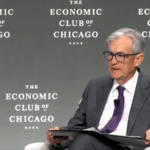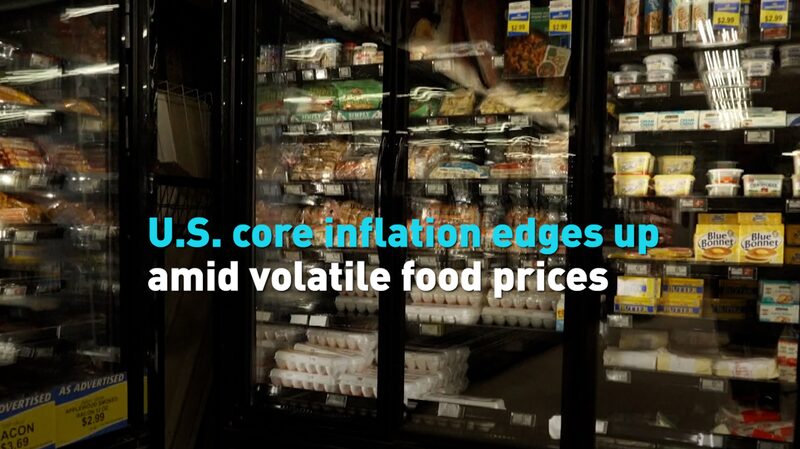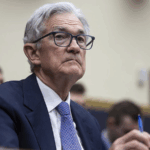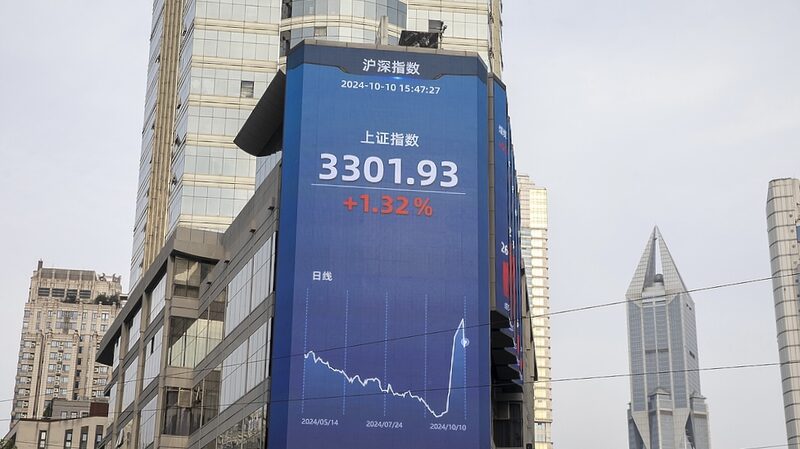Recent US tariff policies have amplified concerns about inflation and economic stability as growth indicators signal a potential downturn. The US Department of Commerce reported a 0.2% annualized contraction in Q1 2025—the first decline in three years—driven by a widening trade deficit and reduced government spending. Analysts warn that persistent inflation and slowing growth could create a precarious balancing act for policymakers.
The core Personal Consumption Expenditures (PCE) price index, a key inflation gauge, rose 3.4% year-over-year in Q1, remaining stubbornly high despite a slight downward revision. Federal Reserve officials have adopted a cautious stance, with Atlanta Fed President Raphael Bostic advocating for only one interest-rate cut in 2024 due to economic uncertainties.
Consumer sentiment paints a mixed picture. The Conference Board’s Expectations Index surged to 72.8 in May but remains below the 80-point threshold historically linked to recession risks. JPMorgan Chase CEO Jamie Dimon highlighted stagflation fears, stating the combination of stagnant growth and elevated inflation poses a 'worst outcome' scenario.
As the Federal Reserve awaits clearer economic signals, the interplay between trade policies, inflation trends, and consumer behavior will likely dictate the US economic trajectory in the months ahead.
Reference(s):
US tariff policies heighten inflation concerns amid slowing economy
cgtn.com
